Shochu Maven, Masako Furusawa
One of Japan’s Few Female Master Brewer-Distillers
A dedication to tradition melds business, community and nature into a tasty spirit.
In Nichinan, Miyazaki, on a little spit of land pinched between the Hosoda River and the Pacific Ocean, stands historic Furusawa Distillery. They make honkaku or “genuine” shochu, which must be single-distilled to retain the flavors of the raw materials.
The current owner and toji (master brewer-distiller) is Masako Furusawa, the fifth generation in her family to head the business. She has been immersed in the world of shochu literally since birth since the family home abuts the distillery’s traditional mud-wall storehouses, the last surviving examples of this architectural style in the prefecture. Furusawa Distillery sticks to traditional methods, eschewing modern machinery in favor of old-fashioned techniques and materials passed down over centuries in the pursuit of spirits that reflect the unique time and place of their creation.
Savvy Tokyo talks with Furusawa about being a woman in the shochu world, why she maintains a traditional style and how climate change may make that impossible in the near future.
Tell us a bit about your distillery.
We have a history of 130 years and I am the fifth generation head. It started in 1892 and we have been using the same building and many of the tools since that time. Two of the buildings have been recognized as Important Cultural Properties because we have been making shochu in the same way here, using traditional clay pots, since the founding.
We usually produce about 18,000 liters of shochu a year. 75% of that is sweet potato shochu, the rest is mostly buckwheat and a very small amount of rice and barley.
Why do you think it’s important to keep using traditional techniques?
Using what’s available locally, something made by local people in the local climate, that’s the ideal for shochu. In this area, though, the weather has become warmer and the temperature doesn’t get as low as it used to. So we’ve already had to adjust the way we do things. But even with these adjustments, if it gets much warmer, we won’t be able to propagate koji (mold used to break down starches into fermentable sugars) naturally, for example.
This year was really the limit. If the weather gets warmer, we’ll have to stop using a traditional koji-making room. The traditional way will really be finished.
Do you think shochu making will disappear in Miyazaki?
We’ll still be able to make shochu here but we might not be able to do it in the traditional way. Like other distilleries have already done, we may have to install coolers or other climate control devices. But I would really like to keep the old-fashioned ways and our original buildings.
Is it unusual for a woman to head a shochu distillery?
There are some women owners, however, the toji are still mostly men. But to have a woman who is both owner and toji is quite unusual. My grandmother was the wife of the second-generation toji, who died in the war. And of course, post-war, there weren’t so many working-age men. So my grandmother was actually the one in charge of shochu making for a while. Her daughter, my mother, took over and became the third generation. When she got married, my father became the fourth head and now I’m the fifth. So actually, in our distillery, there were women in the preceding generations.
For me, it was just normal. It was only when I grew up and looked at other distilleries that I realized we were quite unusual. It’s kind of puzzling because for me it’s natural that women would be involved in shochu making. I have a daughter and I’m sure she’ll take over for me one day.
Has being a woman in this industry been a challenge?
Frankly speaking, no. It’s still unusual to see a female toji but whenever there’s an event, I often get invited for that reason. When I was younger that bothered me but now I’m grateful for the opportunities it’s created.
Was that the case for your grandmother?
In this area, there were many women who took over the family distillery because their sons or husbands didn’t come home from the war. In that case, though, it was common to get a toji from Kagoshima to come to do the actual distilling. But somehow, my grandmother decided to take over the leadership and just employ people from the community instead. We’ve always worked that way, with just the family and some local help. But my grandmother probably got some pushback for that. Traditions were more rigid back then and she faced some challenges. But for me, I haven’t really faced any difficulties due to my gender.
Why do you think women were traditionally excluded?
Well, perhaps because men tend to be physically stronger. In our distillery women work just as hard but generally, there has historically been a gendered division of labor where women work in the home and men work outside. With shochu, sweet potatoes were sold in 42kg lots and one bag of rice would be 30kg. And if you have to manually transport those ingredients back and forth, it’s physically demanding. So maybe that’s why. But now we have conveyor belts and trucks and stuff, so it doesn’t really matter.
There is one other thing, it’s a bit embarrassing to say. It’s something that’s been a bit challenging for me, actually. During your menstrual cycle, your sense of taste changes a bit. Your body temperature also fluctuates, which can affect your sense of touch, your ability to gauge temperature with your hands. Women toji have to adjust for that.
Have you noticed other changes in the industry over the years?
I have seen some changes in the kinds of shochu being made. Part of it is just the changing generations at the distilleries but also people’s eating habits have changed. Nowadays it’s quite normal to have non-Japanese food at home. So young people are used to lots of different kinds of food. I think they have different sensibilities around food and drink to those of us who grew up with very traditional Japanese cuisine.
Also, the relationships between distilleries are friendlier now. They’re working together to do more for shochu. In the old days, there was a lot of fighting over market share with other local distillers because your distribution was basically local. But nowadays, there are shipping services that can deliver your products to other parts of Japan or even overseas. It has changed the mindset quite a bit.
Savvy Spotlight is a monthly feature introducing foreign and Japanese women at the frontline of what’s successful, contributing, cool, unique and interesting in the city. If you have anyone in mind you would like us to interview, leave us a comment below with your recommendations!

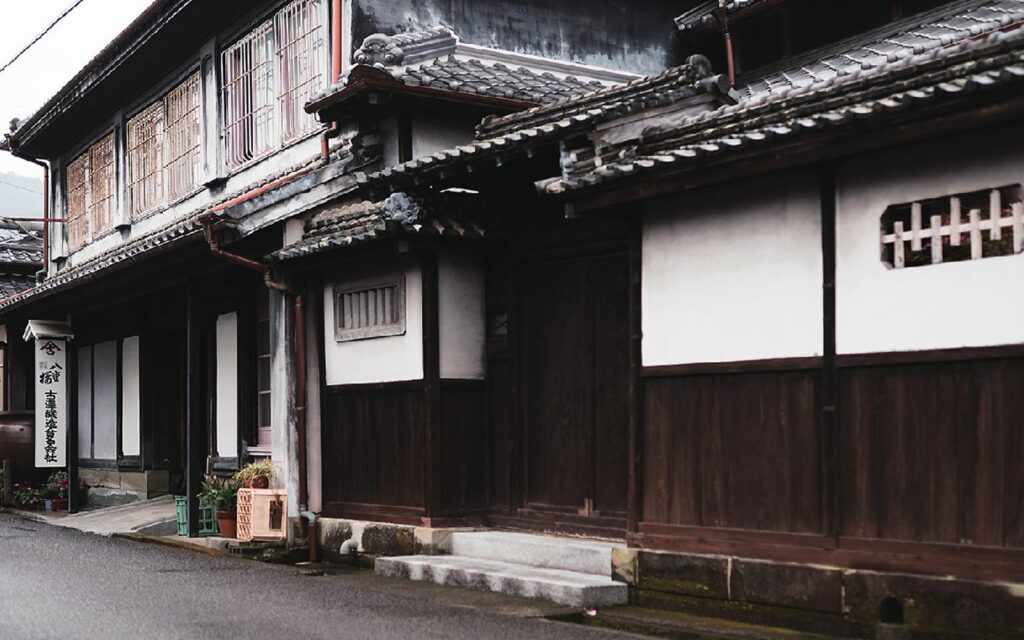
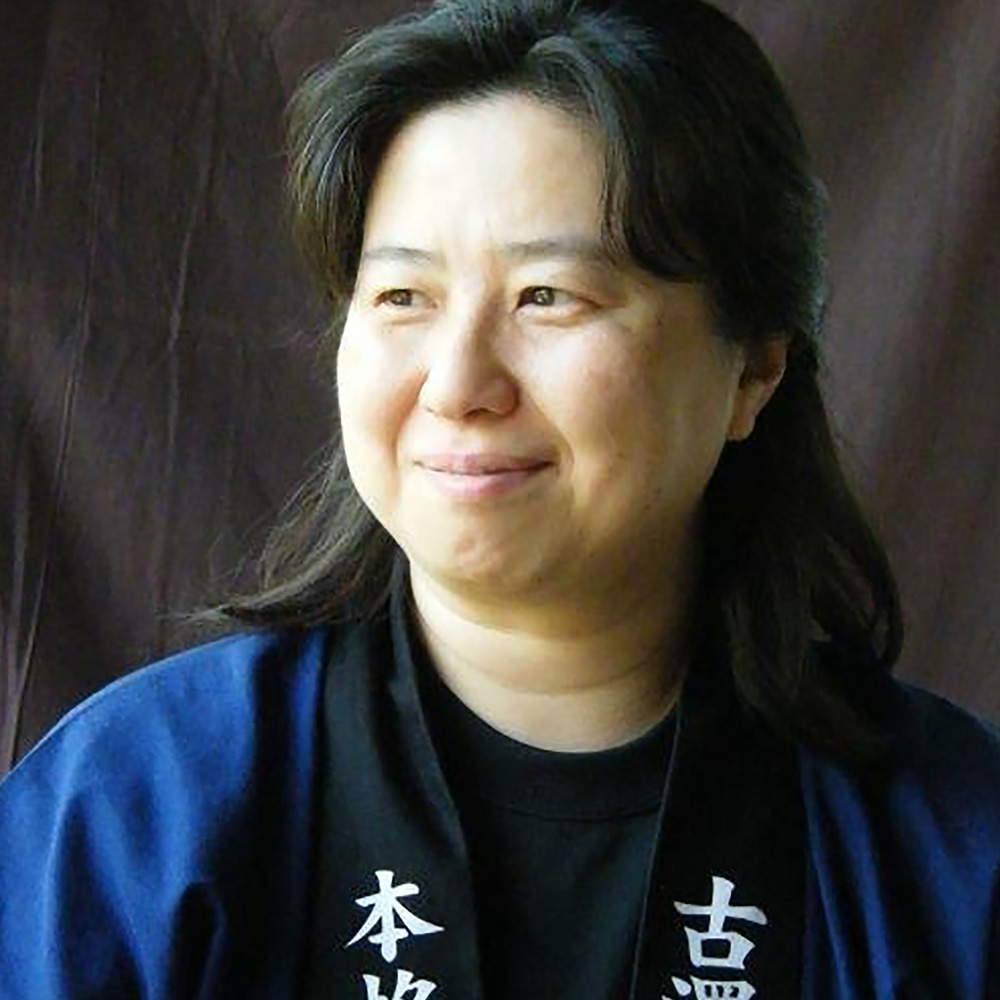
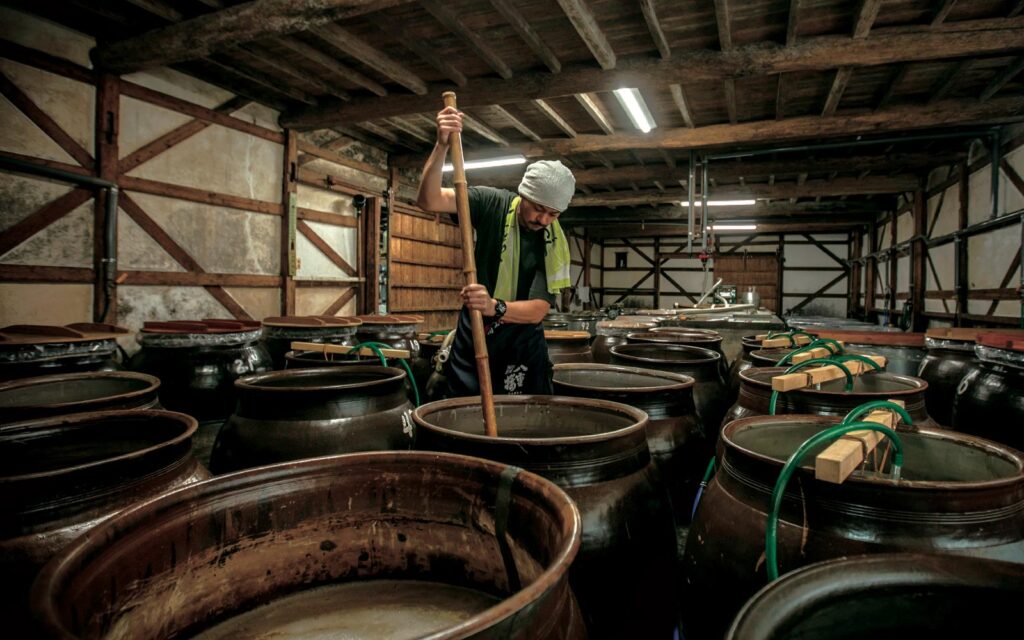
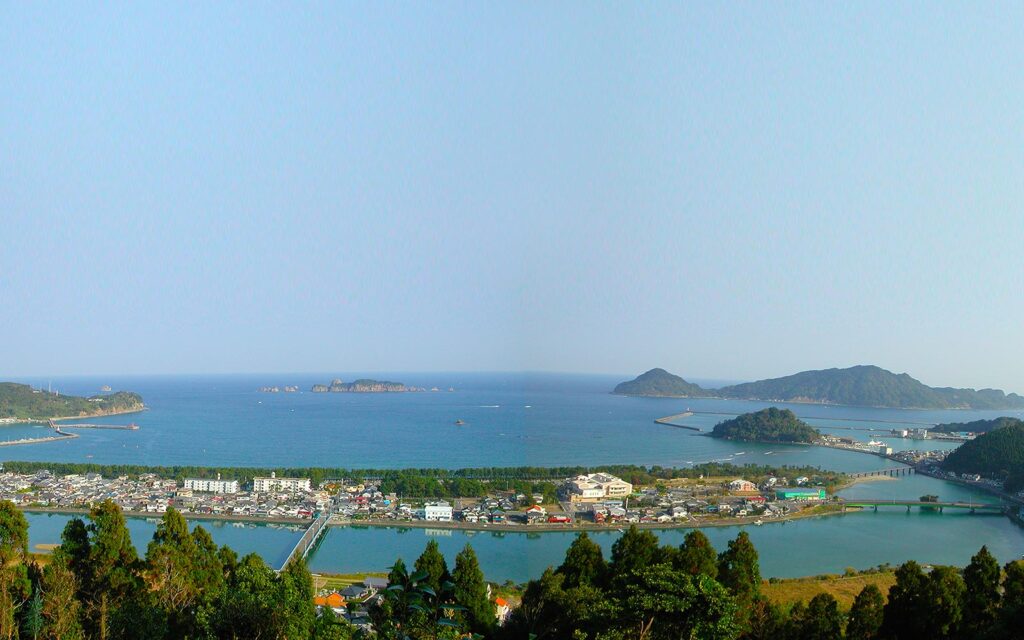
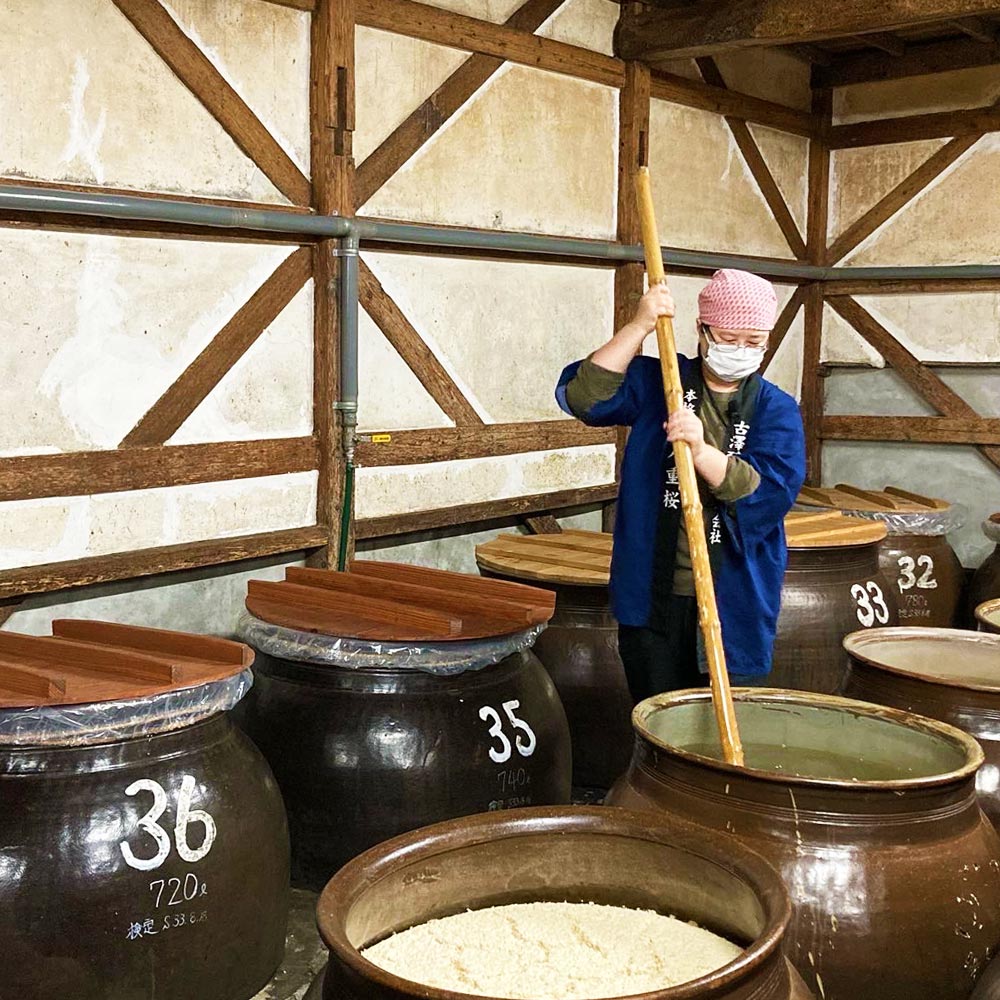
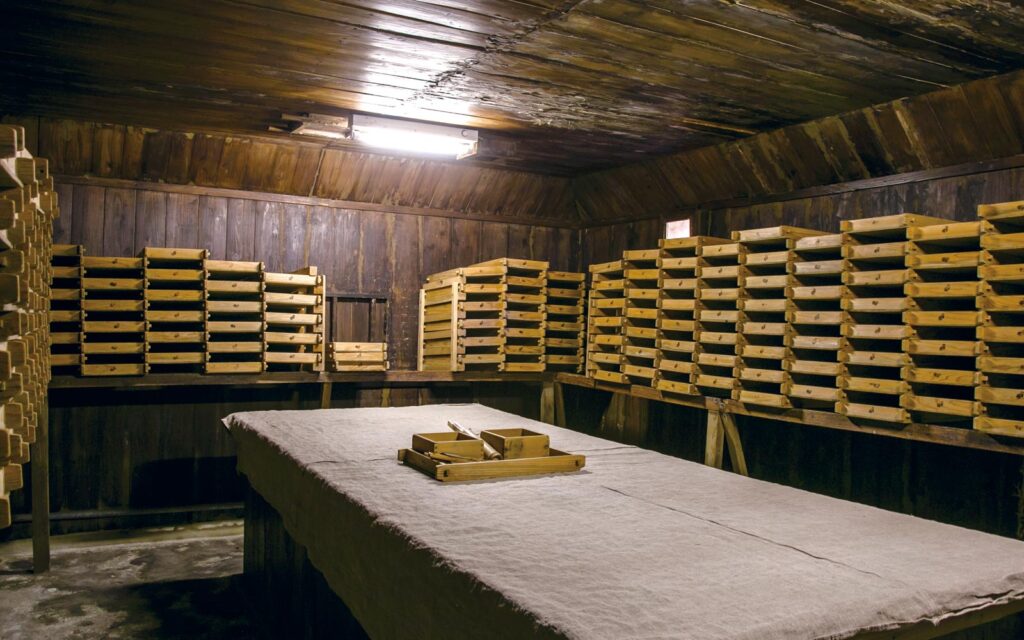
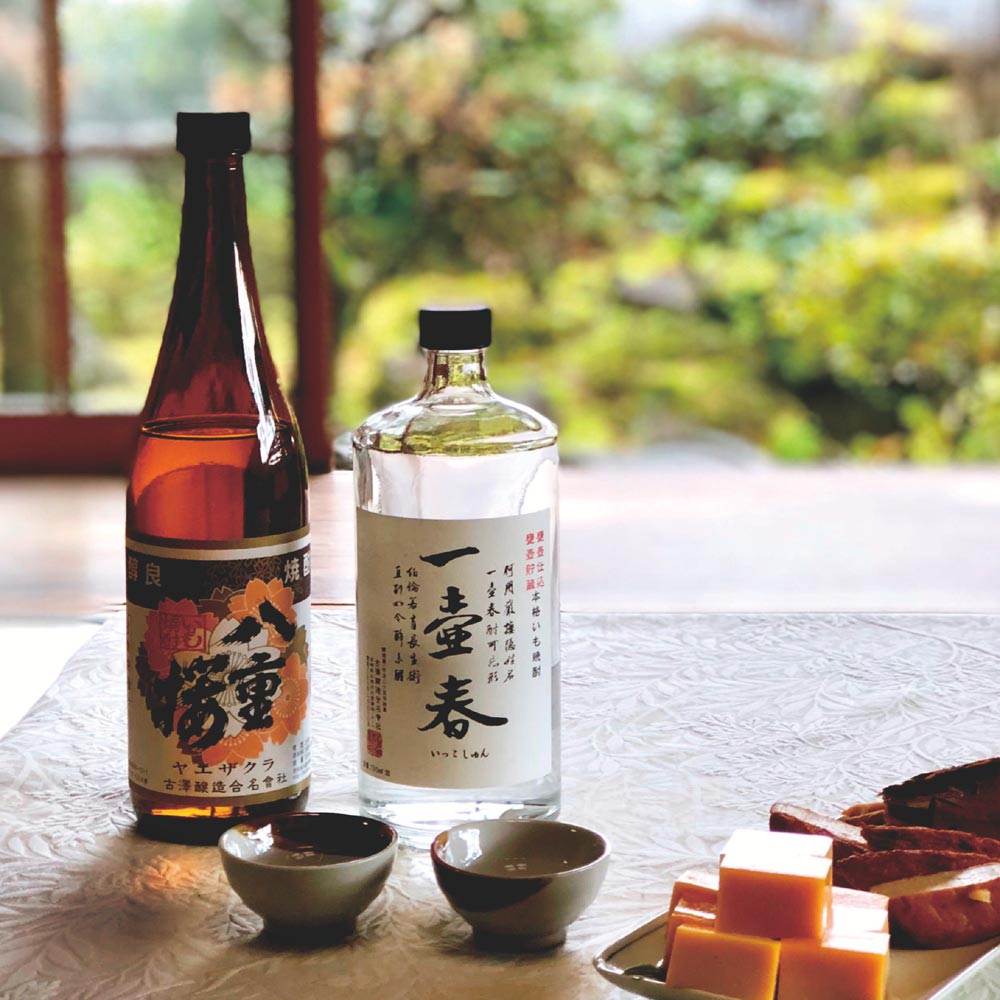



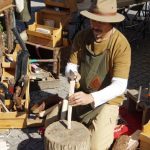
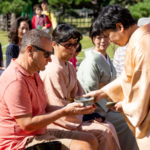




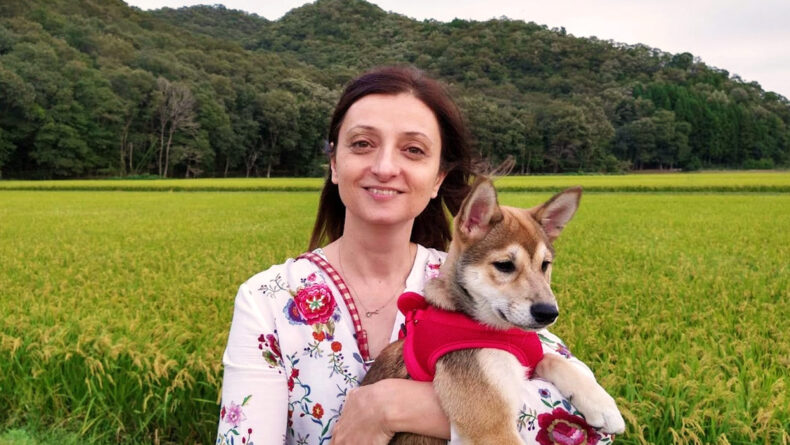


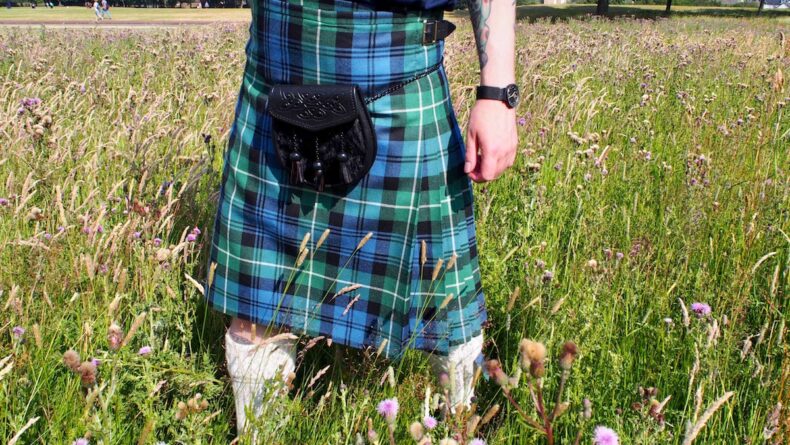
Leave a Reply